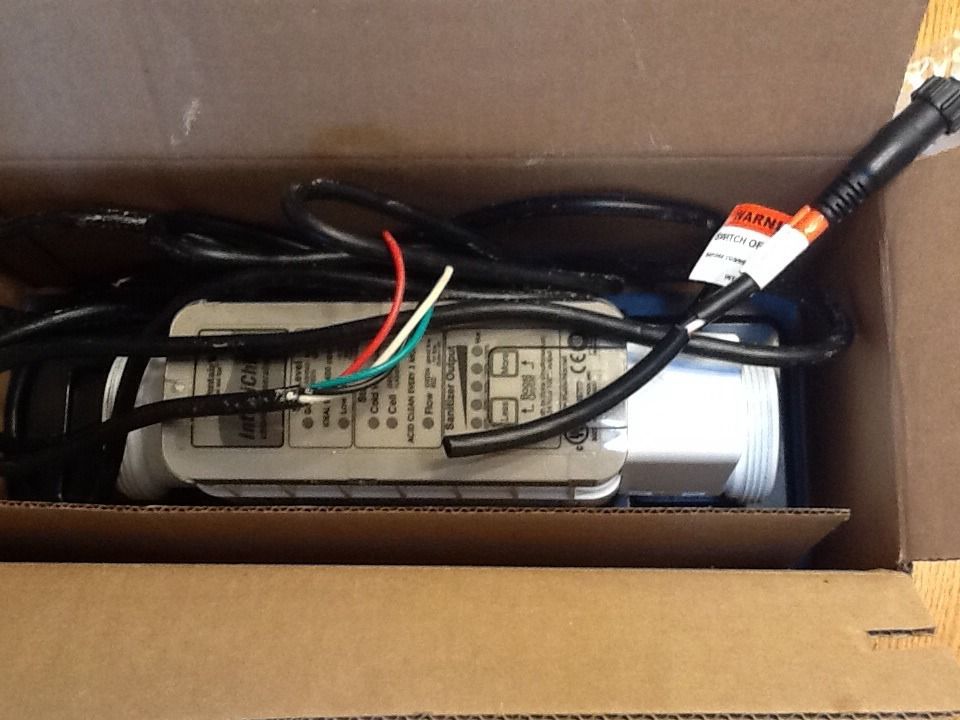Jamie-
I found one pipe i didnt check for drainage only buried 1" under the grass. Its all the way in back, however Im putting palm trees. Even though it doesn't freeze in Texas you might plant palm trees. This is very feasible since where you live. That said if your getting the big boys it will be bob cat time, when the pipes are buried 1.5 less likely to break. Anyhow sounds like your keeping a close eye. One got by me I'm not sure how
I found one pipe i didnt check for drainage only buried 1" under the grass. Its all the way in back, however Im putting palm trees. Even though it doesn't freeze in Texas you might plant palm trees. This is very feasible since where you live. That said if your getting the big boys it will be bob cat time, when the pipes are buried 1.5 less likely to break. Anyhow sounds like your keeping a close eye. One got by me I'm not sure how
Thanks, Kim! Once I finally figure out these small hurdles, the answer seems so obvious in retrospect. These are definitely things that show how new I am to all of this and which would have been avoidable problems if using a PB, because of course they know the right way to do things from the start. This is similar to my not knowing at first how to properly pressurize the system by bleeding off air from the filter until it is all gone, which caused some initial pressure issues way back, but the problem got solved once the proper procedure was explained to me. So I'm just grateful that I was able to figure this latest issue out, without having to continue to worry about a plumbing leak who-knows-where under my concrete deck!
Hopefully people following this thread can learn with me as I go along. There are so many little details to know!


